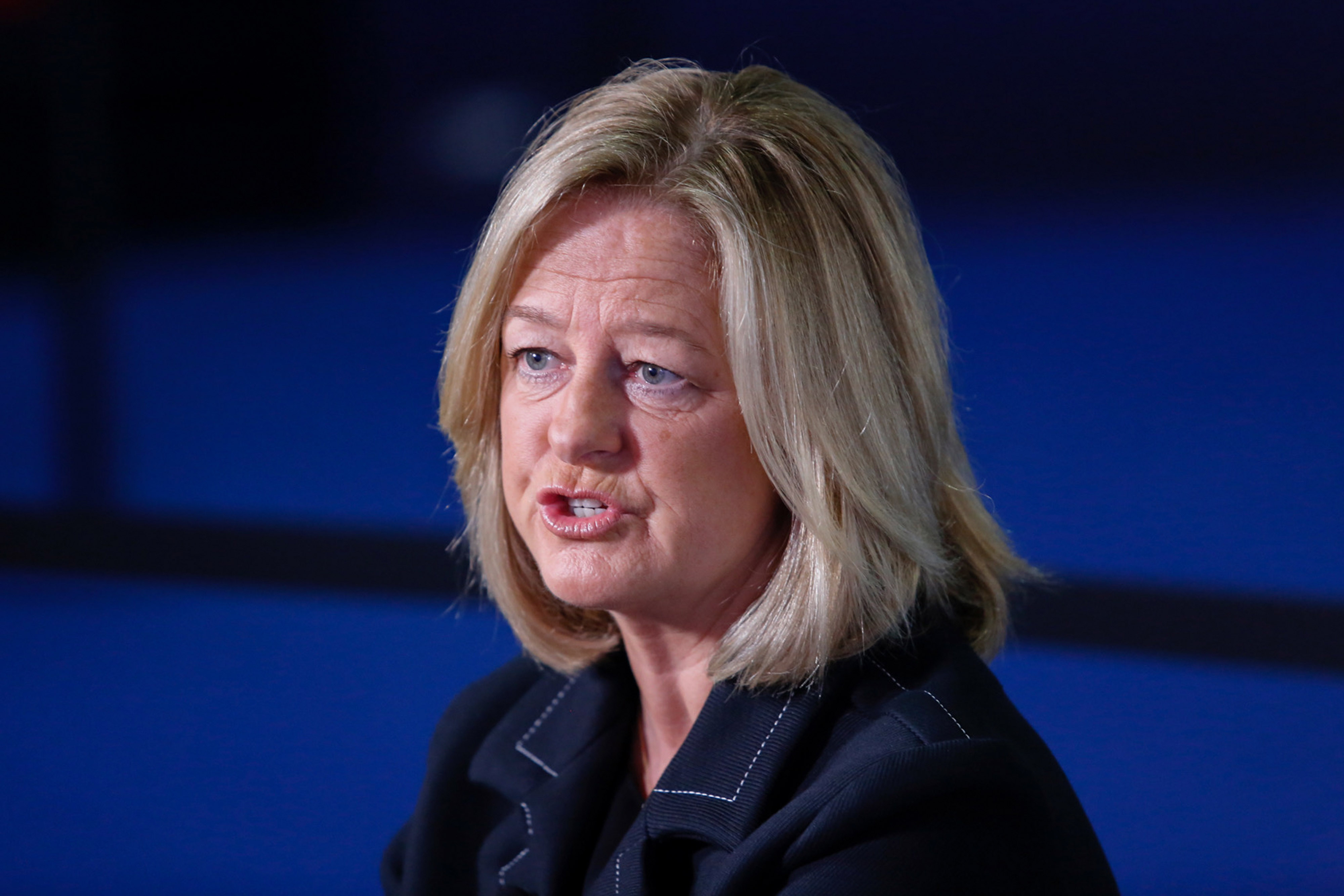BT: Filesharing measures are ‘draconian’
In a debate on the Digital Economy Act, BT’s director of group public policy slammed the measures against filesharers on her company’s behalf.


The negative approach taken by the Digital Economy Act to deal with filesharing will not help the music industry, according to a senior executive at BT.
During a debate held last night in central London focused on the issue, Dorothy Smith, director of group public policy at BT, claimed the act had lost its way from its humble beginnings in the Digital Britain report and that the measures laid out to deal with filesharing will not help anyone.
She said: "Look at what the Digital Britain report was looking to address how much of that has been achieved and how much has been [included] in the Digital Economy Act? I would suggest not a great deal in fact."
She outlined areas around a universal service commitment of 2Mbps and funding for access to next generation broadband which had seen some success but most of that went forward without full legislation.
However, more controversial elements of the bill were legislated on very quickly.
"In some cases the proposals have seen the light of day but they haven't needed legislation in the form of the act and in other cases basically they have been dropped or they have been effectively postponed for the next administration to pick up when that administration comes into power," Smith added.
"Then in a minority of cases measures have been passed into law through the act and there are questions around how successful that implementation is likely to be."
Sign up today and you will receive a free copy of our Future Focus 2025 report - the leading guidance on AI, cybersecurity and other IT challenges as per 700+ senior executives
Smith then laid out her company's view when it came to the measures to cut off the internet connections of those caught illegally filesharing after three warning letters telling them to stop.
"BTs view is that we think the proposals are ill advised," she said.
"We don't think they will help content providers and rights holders over all [and] we don't think they will help the creative industry as such. [They] need a positive environment and this is a very draconian measure and we think it will put off people from using the internet."
She added: "It is not well thought through, there was not due process involved At the moment our view is that there are a lot of unanswered questions about how the powers will really prove useful, viable and positive for the industry and my company thinks is somewhat negative in terms of its long term implications for the sector."
Jennifer Scott is a former freelance journalist and currently political reporter for Sky News. She has a varied writing history, having started her career at Dennis Publishing, working in various roles across its business technology titles, including ITPro. Jennifer has specialised in a number of areas over the years and has produced a wealth of content for ITPro, focusing largely on data storage, networking, cloud computing, and telecommunications.
Most recently Jennifer has turned her skills to the political sphere and broadcast journalism, where she has worked for the BBC as a political reporter, before moving to Sky News.
-
 How the UK public sector could benefit from strategic channel partnerships
How the UK public sector could benefit from strategic channel partnershipsIndustry Insights Is the channel the answer to the growing cost vs budget problem facing the public sector?
-
 Microsoft wants to replace C and C++ with Rust by 2030
Microsoft wants to replace C and C++ with Rust by 2030News Windows won’t be rewritten in Rust using AI, according to a senior Microsoft engineer, but the company still has bold plans for embracing the popular programming language
-
 Optimise CX and accelerate business growth through your voice network
Optimise CX and accelerate business growth through your voice networkwhitepaper Protecting the human experience in a digital world
-
 IDC InfoBrief: Sustainability doesn’t need to be all stick and no carrot
IDC InfoBrief: Sustainability doesn’t need to be all stick and no carrotwhitepaper CIOs are facing two conflicting strategic imperatives
-
 ‘The pace of change is taking its toll’: Business leaders are becoming burned out by rapid technological changes
‘The pace of change is taking its toll’: Business leaders are becoming burned out by rapid technological changesNews Tech leaders are contending with mounting stress levels amidst a sharpened focus on adopting new technologies and ramping up transformation efforts
-
 Unlocking the power of your digital services
Unlocking the power of your digital servicesSponsored Businesses have invested significant cash into technology since COVID-19, but are they really getting their money's worth?
-
 The forgotten workforce needs a new communications strategy
The forgotten workforce needs a new communications strategySponsored Reliable communications technologies are key to building an efficient remote workforce
-
 The future of work and the forgotten workforce
The future of work and the forgotten workforcewhitepaper How to deploy a mobile-first strategy so no one gets left behind
-
 Building an outstanding digital experience
Building an outstanding digital experiencewhitepaper Insight into how banks and financial services organizations can deliver the digital experiences customers and employees expect
-
 Inbound BT CEO Allison Kirkby faces challenge of leading telco through cuts in 2024
Inbound BT CEO Allison Kirkby faces challenge of leading telco through cuts in 2024News Kirkby brings years of experience heading some of the biggest telcos in the EU
